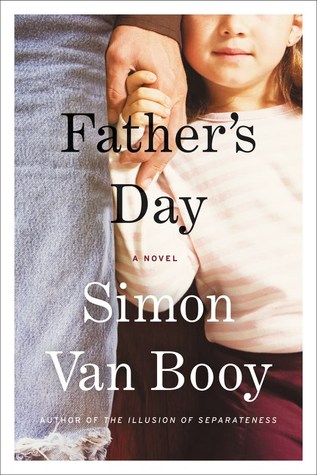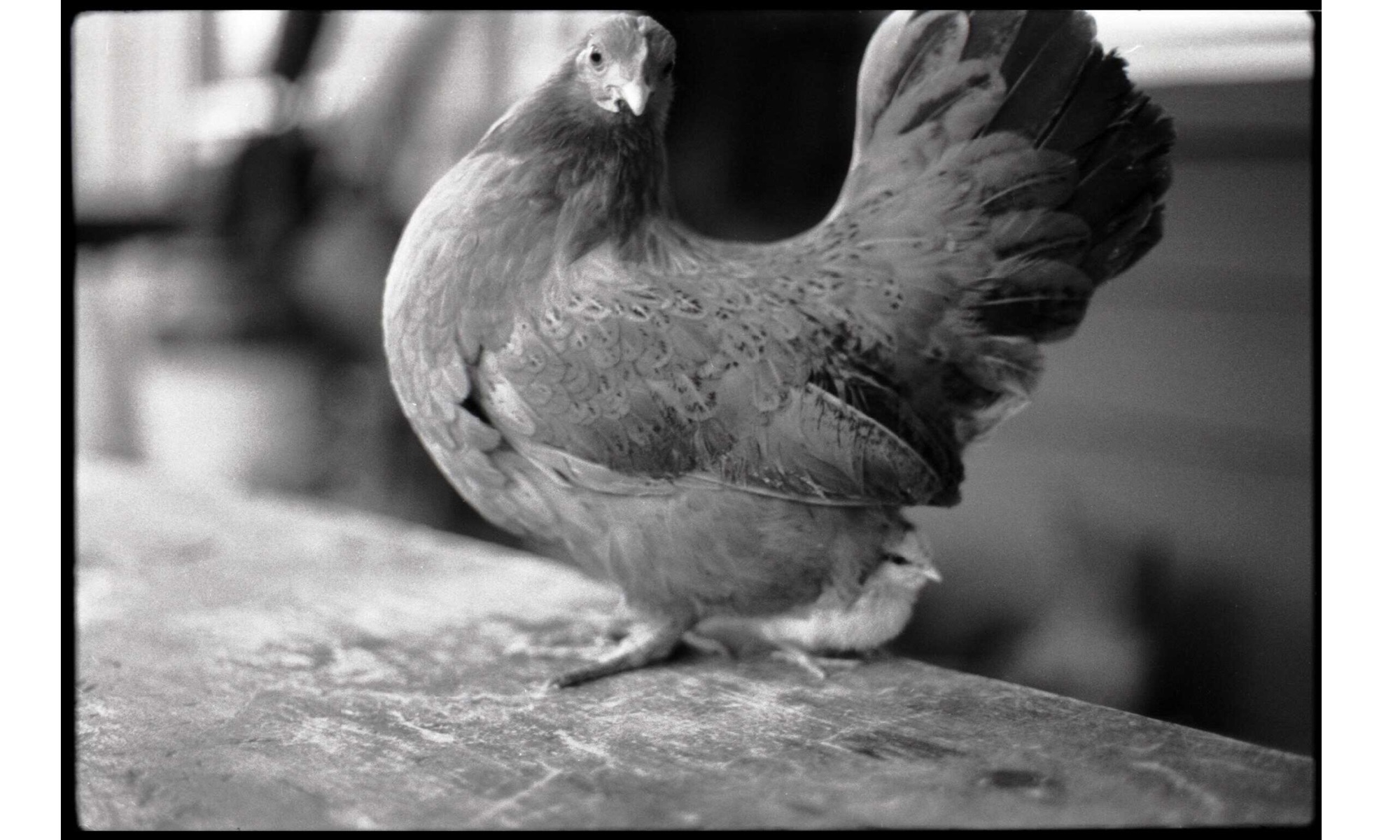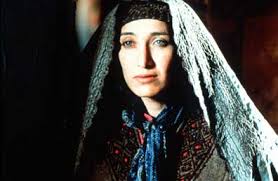Here’s where really start to cook. The last six books on my list were all outstanding, in so many ways. Lots of speculative fiction this year, which is always a treat, as well as two titles by a favorite author.
 #6 Father’s Day by Simon Van Booy
#6 Father’s Day by Simon Van Booy
Simon Van Booy’s forthcoming novel is a gentle look at a woman’s relationship with her father. Harvey is a commercial artist living in Paris. Her father, Jason, is coming for to visit for the first time, and as she carefully prepares a father’s day present that will recall milestones in their relationships, she worries about how he will react. While Harvey and Jason reunite in Paris, their life stories simultaneously unfold, with more than one twist in the mix.
In some ways this is a very straightforward novel for Van Booy. The language he uses is less lush, and more direct than some of his previous work. That sumptuous quality of language suited Van Booy’s gorgeous stories of love and longing between adults, but the love shared between a parent and child is more rooted in need and care, and the straightforward style he adopts works well for these characters. My one criticism revolves around the final and arguably the most vital twist to the tale which happens in the last 15 pages of the book It’s one of those moments where you stop and think back over characters’ motivations and decisions in a different light. In this case, I haven’t decided if it served the overall story all that well. Still, Simon’s a favorite writer of mine, and I will go on whatever ride he takes me on, and this one was overall, quite lovely.
Jo Walton certainly doesn’t repeat herself. After scoring big with Among Others, a tale of a young girl with magical powers of the fairy, then moving onto My Real Children, which explored the alternate realities that show the different paths our lives can take, she now tackles Plato’s Republic in this delightful, philosophical fantasy, The Just City.
When the Greek God Apollo vents his frustration to Athene at having the nymph Daphne pray to Artemis to be turned into a tree rather than be caught by Apollo for a sexual tryst, he learns of Athene’s plans to conduct an experiment, creating Plato’s Just City, referred to in his work, Republic. Athene collects a couple hundred philosophers from across time, all of whom have read Plato’s Republic, and also prayed to Athene. They will be the governing body of this city at first, but then they will harvest ten thousand children, lost souls who were being sold as slaves.
Apollo gets in the game by giving up his godly powers and being born incarnate as a human boy and joining the ranks of children being raised in Plato’s Just City. He befriends Simmea, a brilliant young girl who is destined to be one of the gold philosopher-kings of the Just City (or at least give birth to one) and together with a controversial late recruit, Socrates, change the course of Athene’s experiment in dramatic ways.
Walton is an exceptional writer, with much of her latest novel coming in the form of debate and rhetoric. There is a lot of philosophy here, and lots of wonderfully delightful and original writing. Through Plato, Walton explores the role of women in society over history, relationships, both platonic and erotic, slavery and free will, and machine intelligence, just to name a few topics. I highly recommend all of Walton’s works, and this one is no exception






